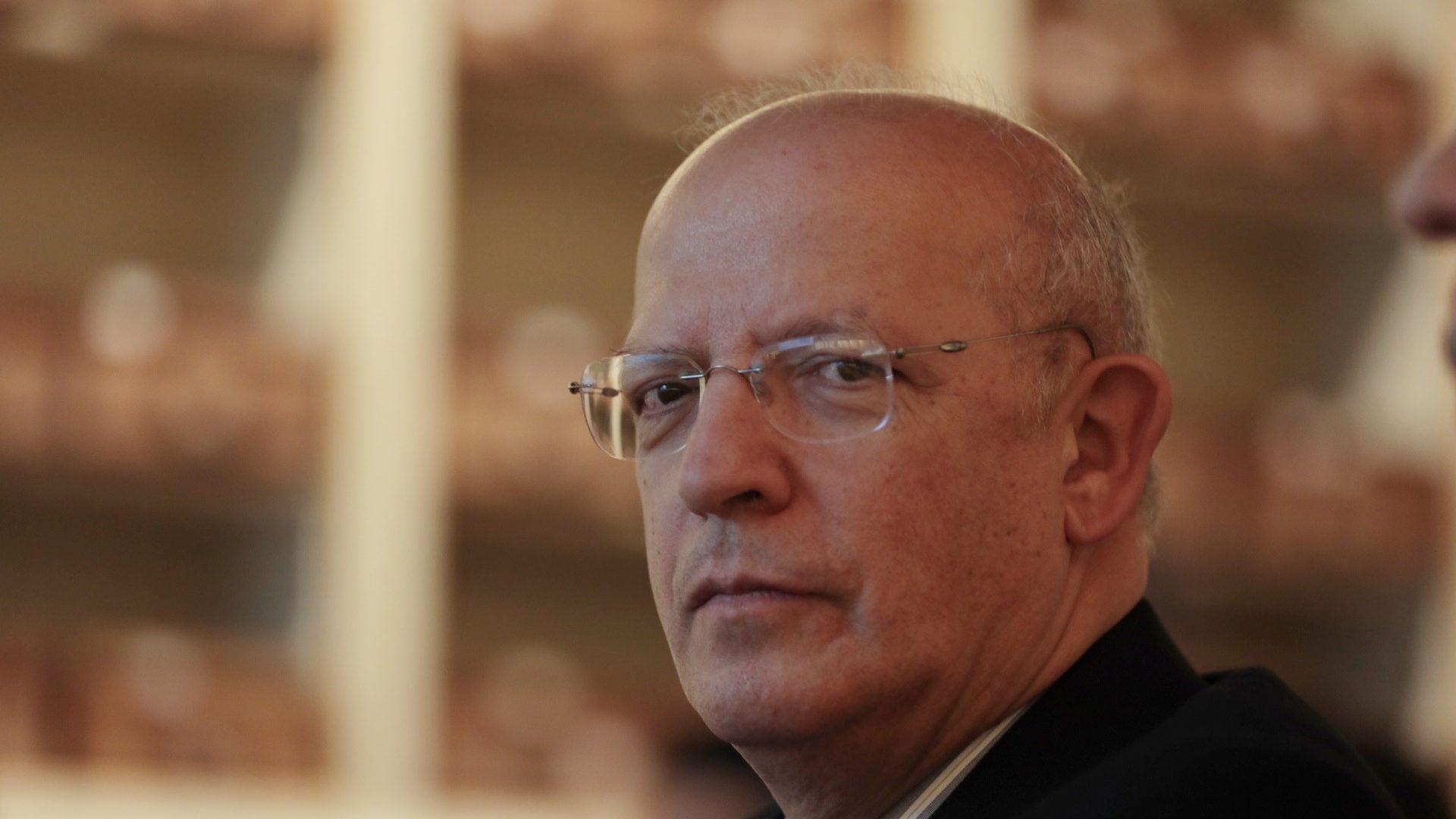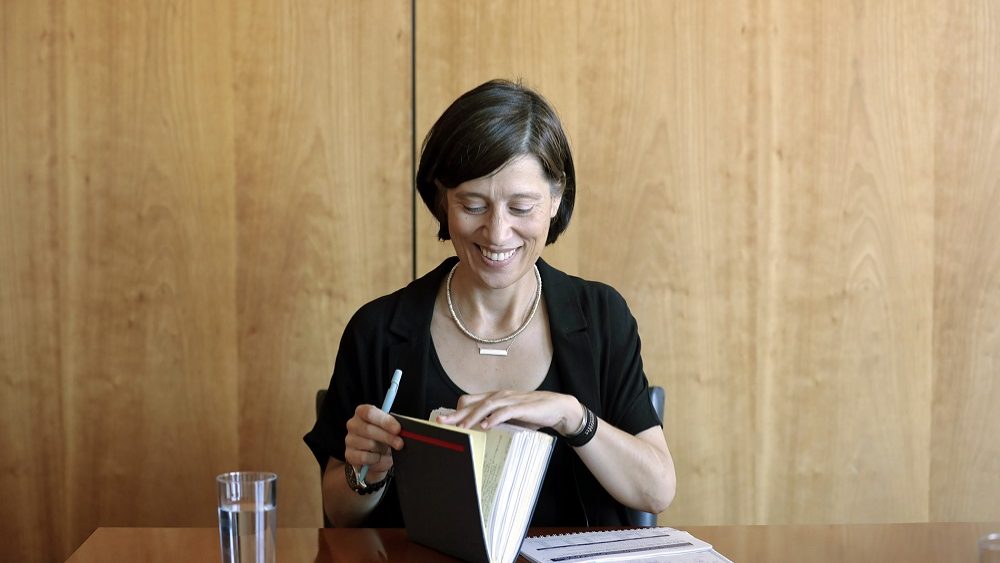Parliament prepares inquiry to determine whether CGD loans had any ‘political interference’
The Parliament has set a committee of inquiry into State bank Caixa Geral de Depósitos, to determine whether there was any "political interference" in the risky loans granted starting in 2000.
A committee of inquiry of Portugal’s parliament into state bank Caixa Geral de Depósitos (CGD) is to determine whether there was “political interference” in the procedure under which big loans were granted from 2000.
The objective appears in point (a) of the draft objectives of the inquiry, as agreed by the four largest parties, although it was not in the original version tabled by the People’s Party (CDS-PP), which formally proposed the committee on Wednesday.
In the text, which Lusa has seen, it is proposed that the committee verify “CGD management practices in the field of the granting and management of credit and other financing modalities since the year 2000.”
It is also to scrutinise “in particular … credit positions and financial exposures of larger value and/or which present higher unpaid or restructured amounts, including the process of approval and treatment of any relevant loan guarantees, defaults, restructurings and recovery.”
Secondly, deputies are asked to examine the “purpose, criteria and rationale of those decisions of granting and managing credit” and, finally, any “possible political interference in these decision-making processes”.
In the draft it is also decided, as in the previous committee of inquiry, to assess the actions of the public bank’s boards, including the oversight and audit panels, and of governments, in addition to looking for any “contradictions” in public statements with what is found in the EY audit of the bank that is to be delivered to Parliament.
It was the disclosure of the preliminary version of this audit, requested by the government in 2016, by the former Left Bloc deputy Joana Amaral Dias, last week, that reopened the debate around CGD.
A version of the EY audit of CGD for the period 2000-2015, dated December 2017, states that the public bank administrators received “variable remuneration” and “votes of confidence”, even when the bank had made a loss.
The audit indicates “important organisational weaknesses” that may have contributed to poorly substantiated decisions in the granting of credit. It found seven credit concession transactions with serious or high risk and losses alone worth more than €1 billion, including the financing of a factory owned by Barcelona-based La Seda at Sines.
The PP on Tuesday announced a new proposal for an inquiry, after it emerged that public prosecutors had nothing against the CGD audit being sent to parliament. CGD has previously said that it was not appropriate to send the report to deputies.




